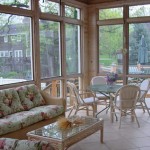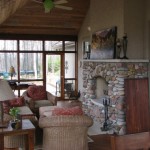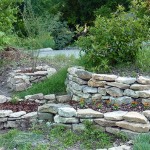Annuals: plants that produce seed, then die after just one life cycle or growing season.
Compost: a mixture of organic matter (vegetation or manure) that is (or has) decayed and is used for enriching soil’s health.
Edging: Bordering, separating or trimming sections of a lawn, often with concrete pavers or bricks, to create visual interest.
Fertilizer: liquid or granular plant food (organic or inorganic) used to improve soil, which then supports and increases plant growth.
Germinate: the act of seeds growing, budding or shooting above soil level.
Horticulture: the art or skill of gardening whether it be commercial (fruit, flowers and vegetables) or agriculture and farming.
Inorganic: chemical or fertilizer that did not come from a living or formerly living source.
Insecticide: chemical used to kill or deter insects around plants or people.
Mulch: leaves, straw or peat (all organic) used to cover soil, maintain its temperature and prevent moisture, freezing and weed growth.
Organic: fertilizers or chemicals created from a living or formerly live source.
Perennials: plants that grow repeatedly each season, usually for a few years in appropriate conditions.
Pesticide: a method used to deter or kill pests including insects, weeds, birds, mammals or fish.
Spring will be here before we know it. Contact Outdoor Environments today to discuss your backyard deck and patio options!







